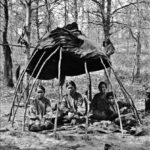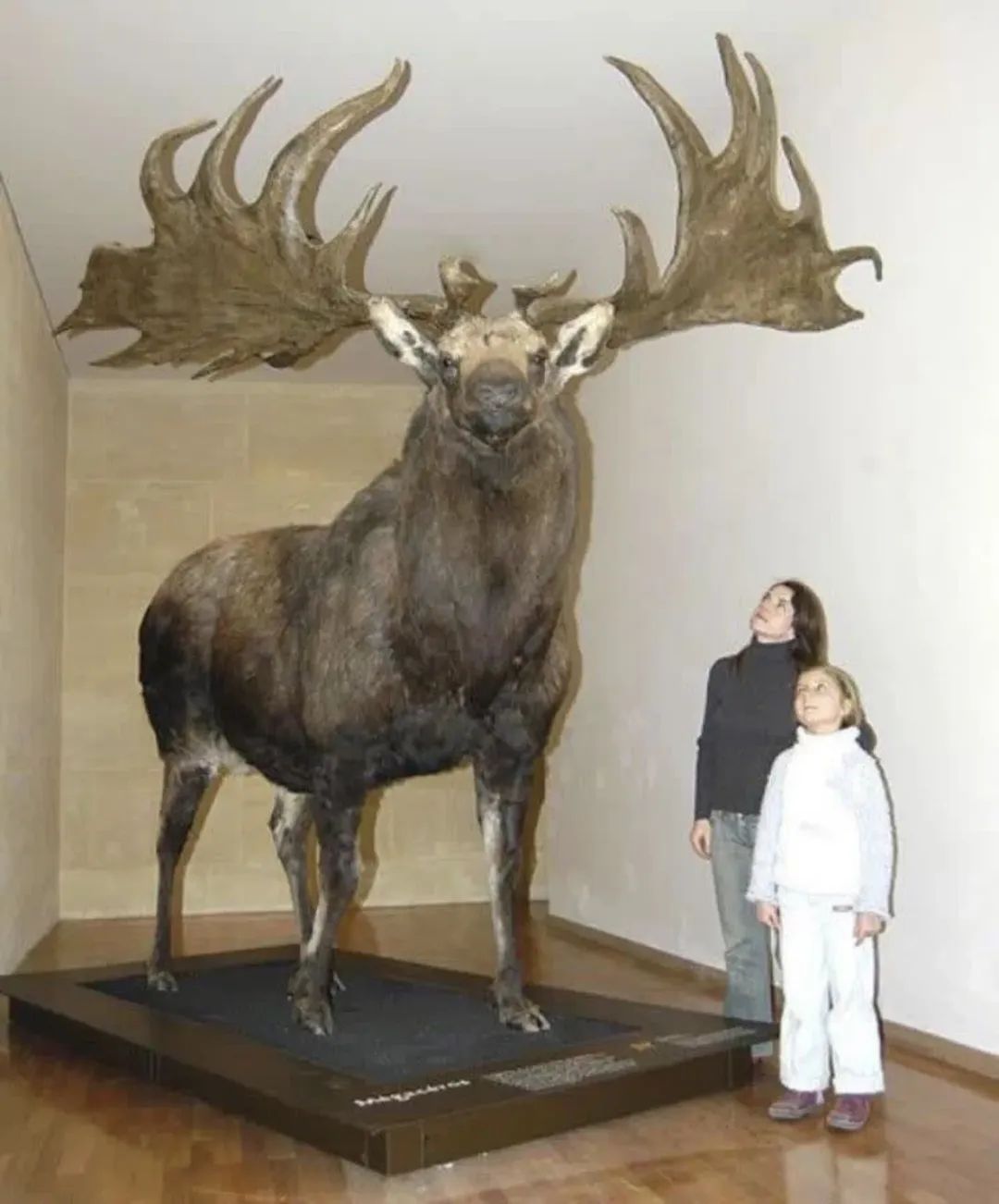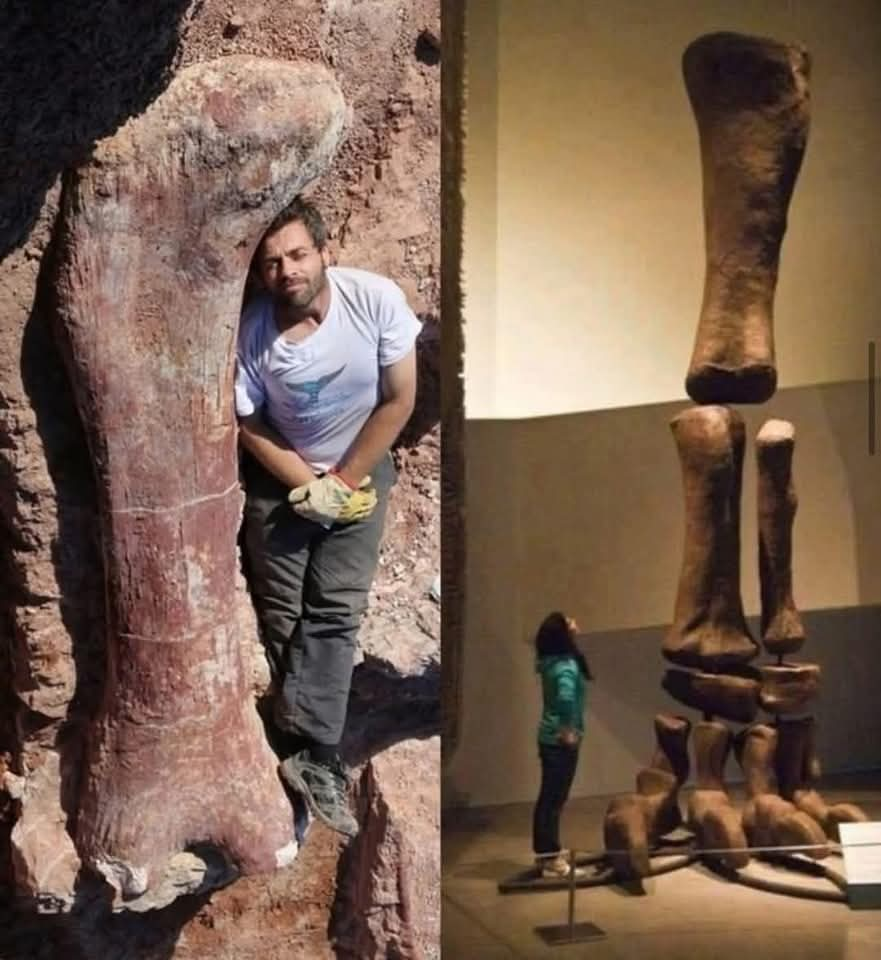
Known for their rich cultural heritage, the Winnebago have long been recognized for their resilience and adaptability. Despite facing various challenges over the centuries, including displacement and forced relocation, the Winnebago people have maintained their distinct identity and traditions.
Traditionally, the Winnebago led a semi-nomadic lifestyle, relying on hunting, fishing, and gathering to meet their needs. Their diet was supplemented by agricultural practices, with crops like corn, beans, and squash being cultivated to provide a stable food source. The tribe’s ability to balance these subsistence strategies allowed them to thrive in their varied environments, adapting to seasonal changes and utilizing the natural resources around them. This sustainable lifestyle was crucial to their survival in the diverse landscapes they inhabited.
The Winnebago people have also made significant contributions to Native American culture, particularly through their art, music, and social structure. They are known for their elaborate ceremonial practices, intricate beadwork, and storytelling traditions.
Despite the many obstacles they have faced throughout history, including forced migrations and the pressures of colonization, the Winnebago have remained a proud and vibrant community. Today, they continue to honor their traditions while adapting to modern realities, maintaining their cultural legacy for future generations.










Leave a Reply